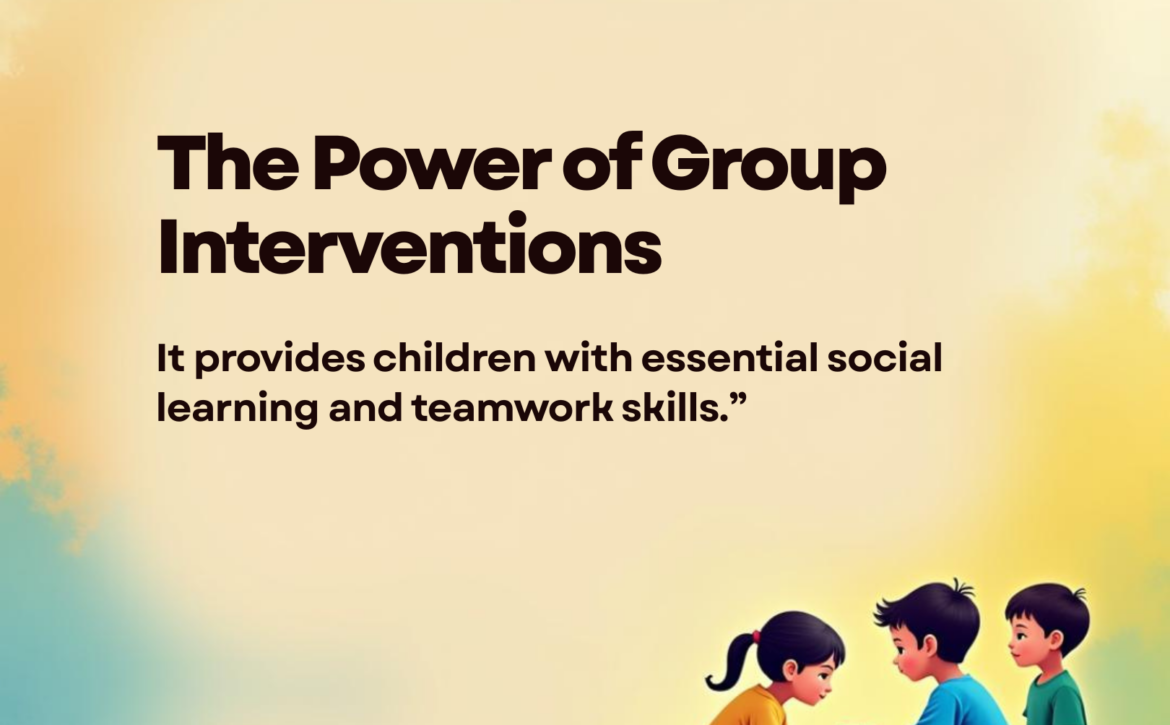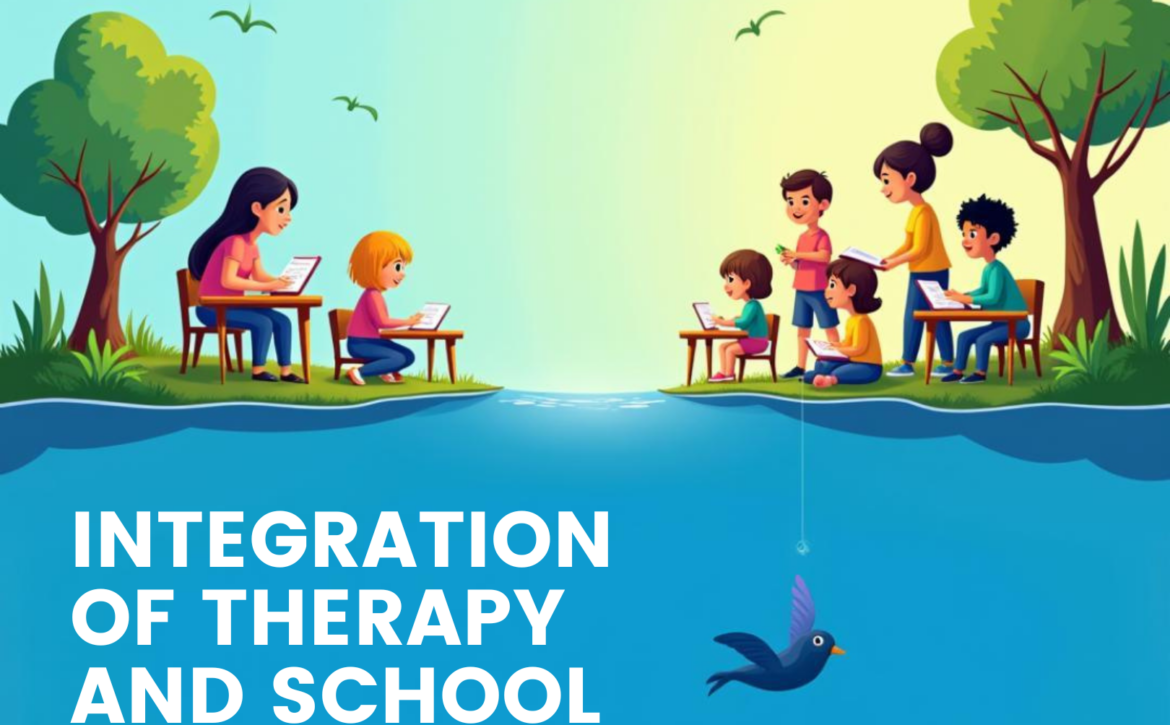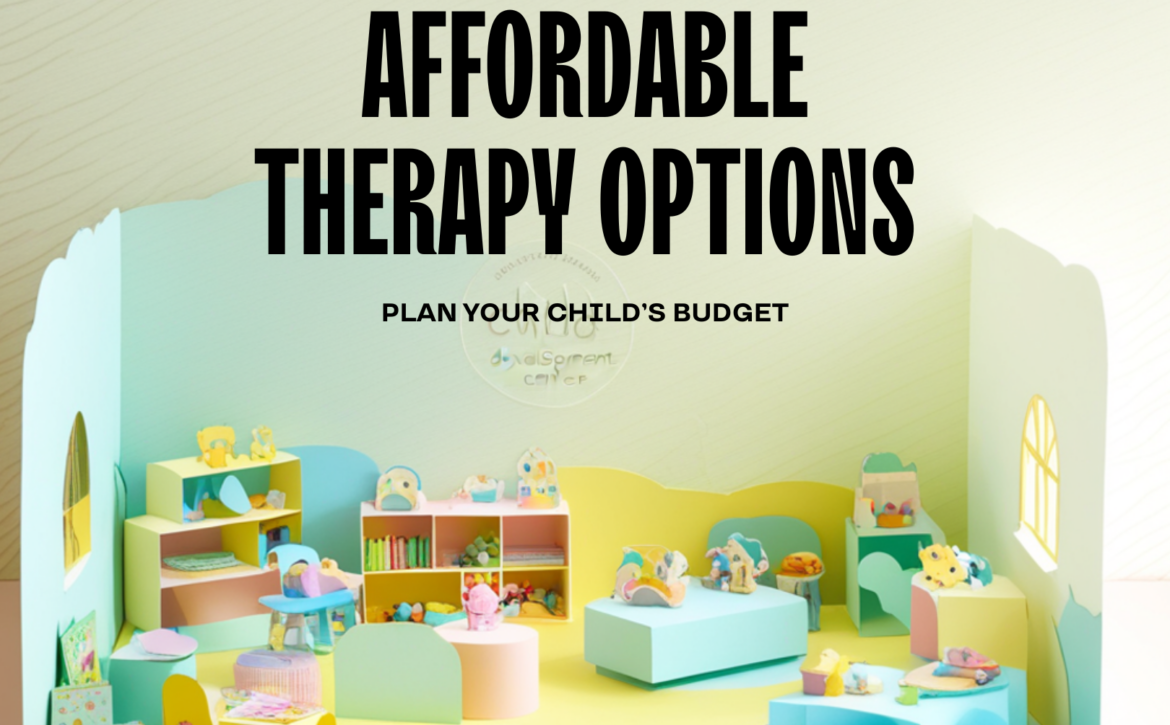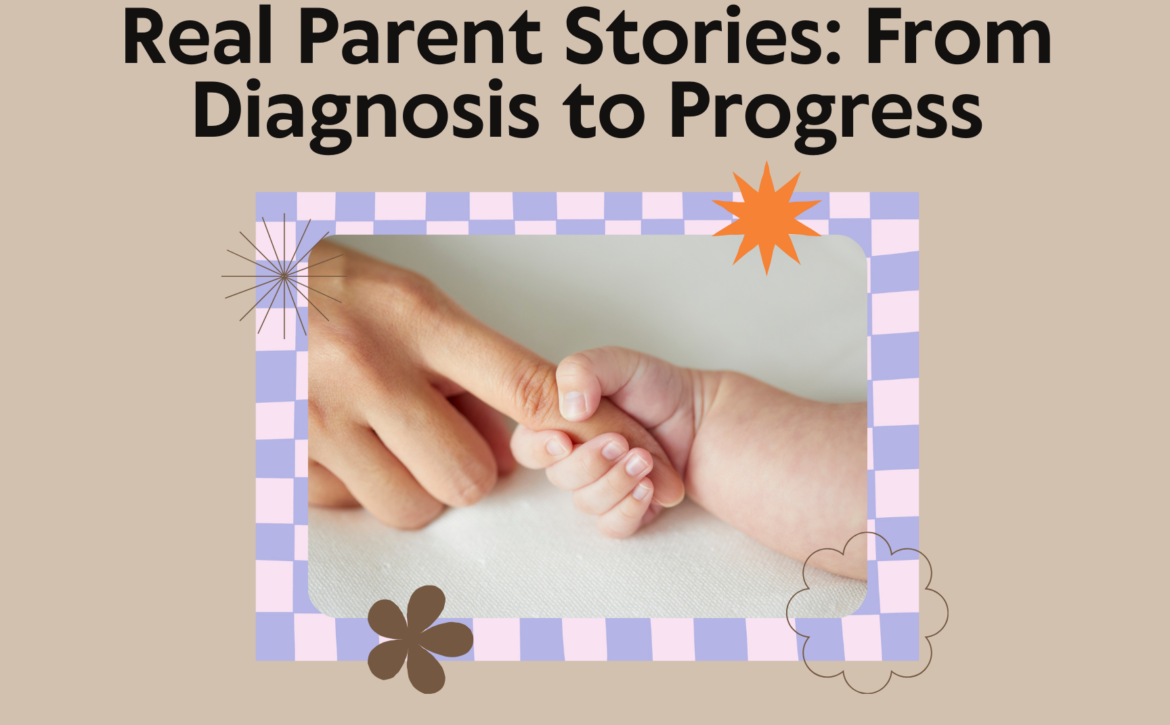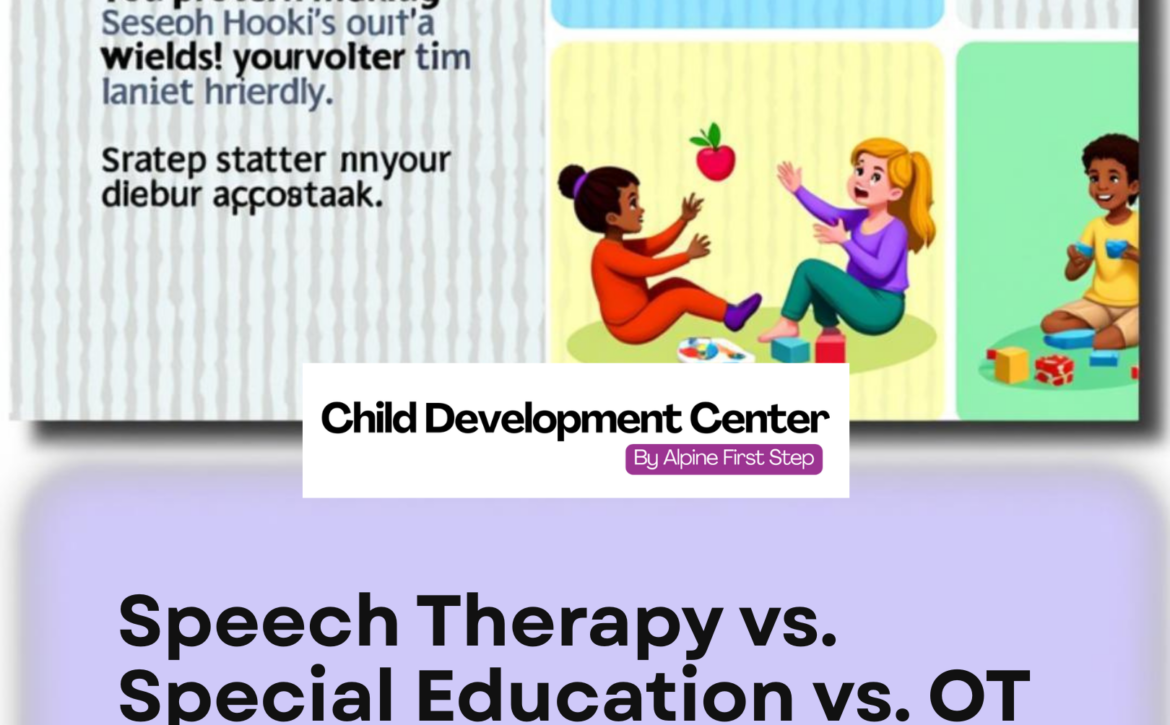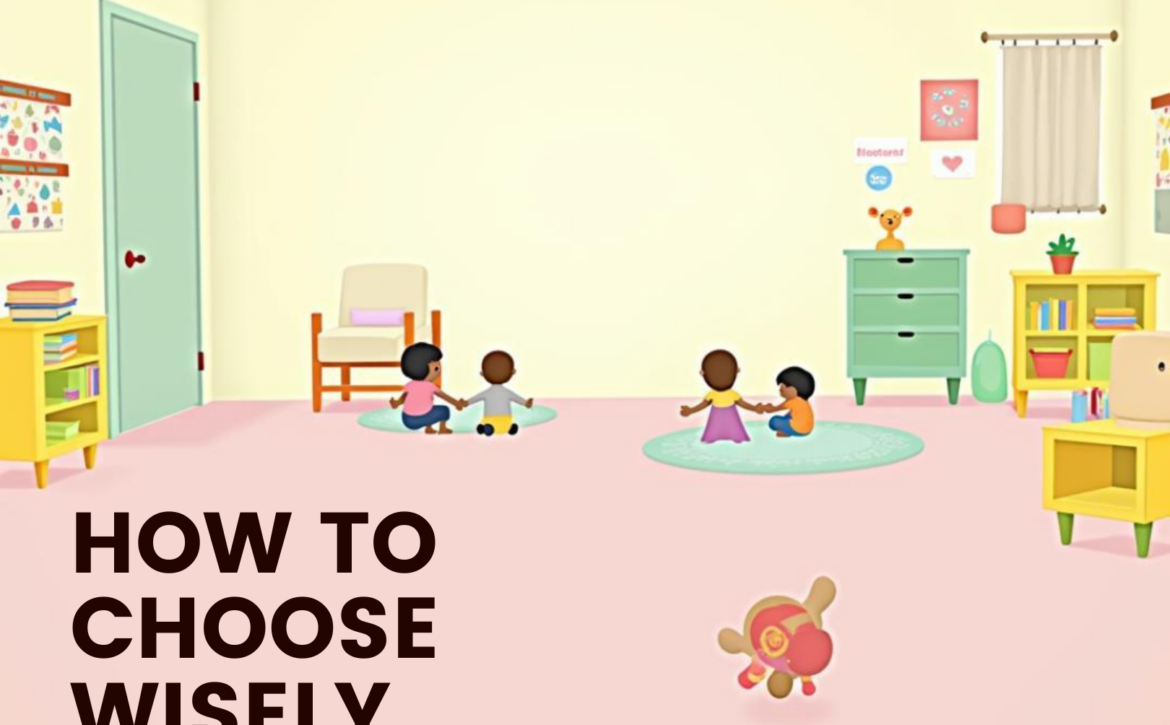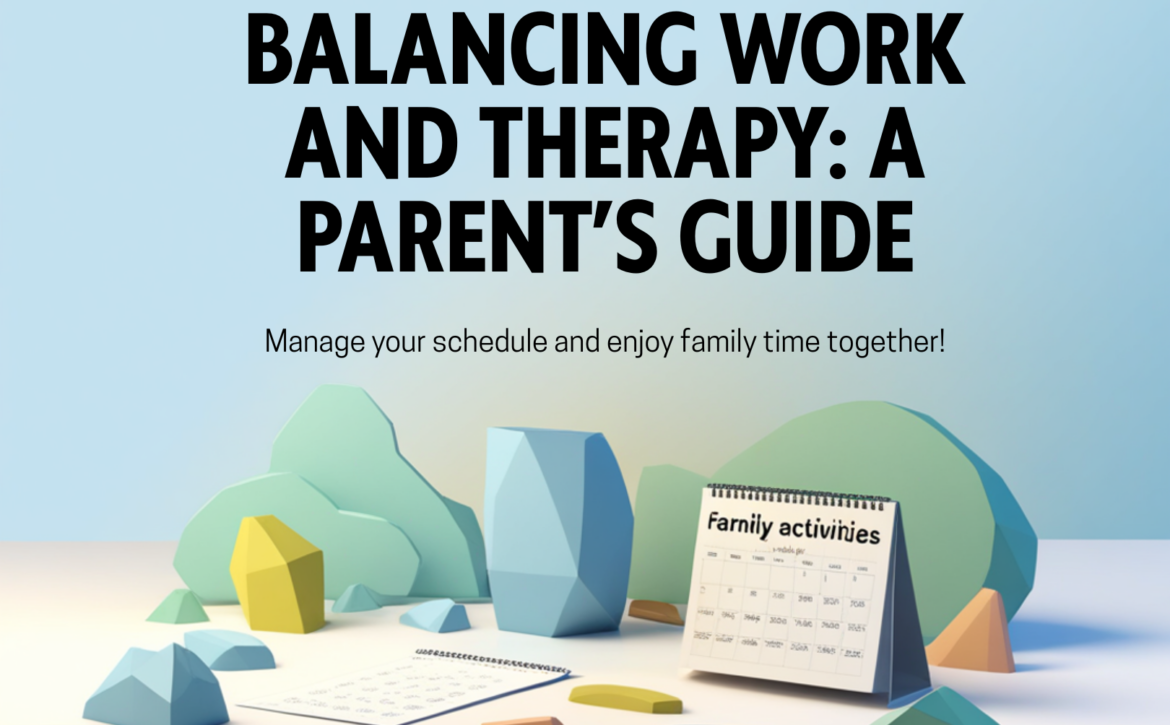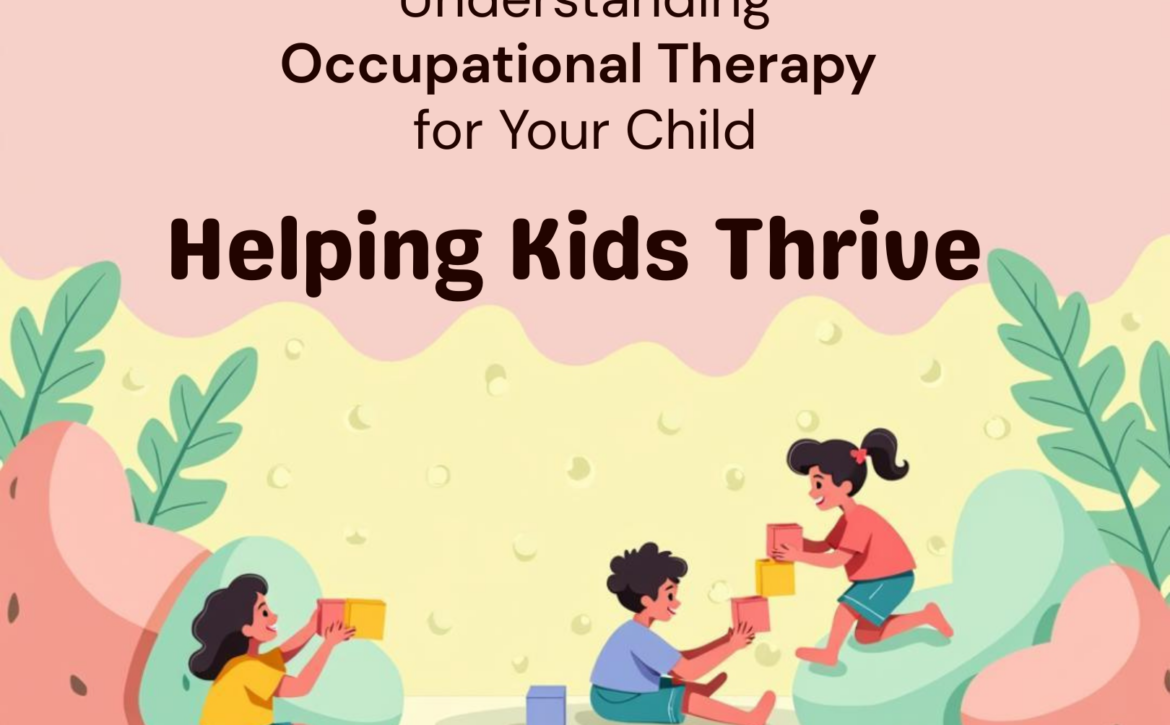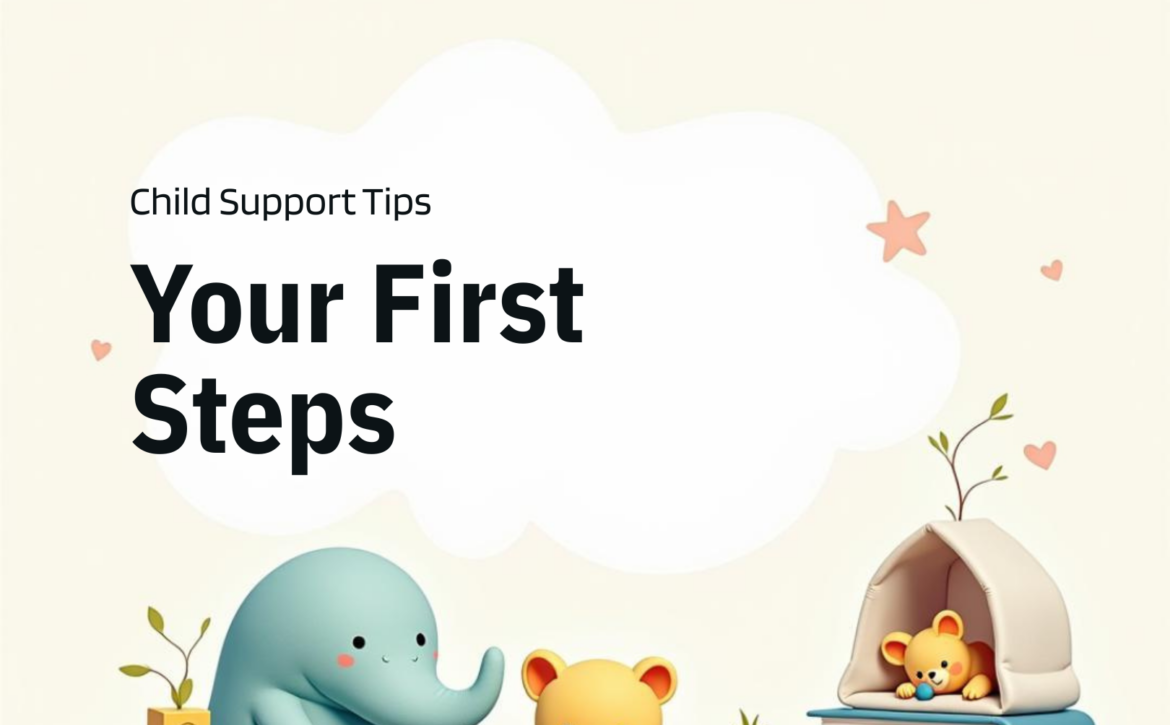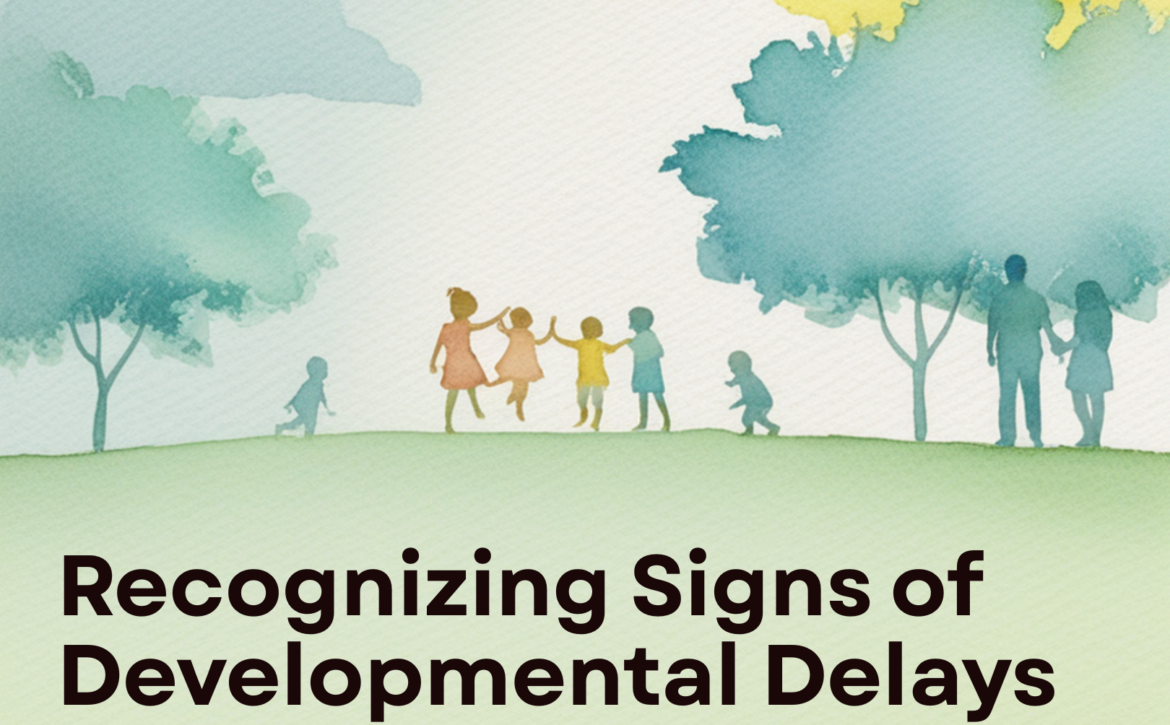The Power of Group Interventions in Early Childhood Development
“Children learn best not just by instruction, but by interaction.”
When we think of therapy for young children, our minds often go straight to one-on-one sessions—intimate, focused, and tailored to a child’s individual needs. While individual therapy plays a vital role in early intervention, group interventions offer something uniquely powerful: the chance to grow together.
In the critical developmental window between ages 2–7, children are learning far more than motor skills or language—they are also learning how to be part of a community. And this is exactly where group-based therapy can shine.
Why Group Interventions Matter More Than We Think
Group therapy isn’t just about saving costs or managing more children at once. It is grounded in science and supported by decades of research.
According to the Journal of Early Childhood Research, children involved in group-based interventions show measurable improvements in social cognition, communication, empathy, and behavior regulation—skills that are crucial for success in school and life.
In a group setting, children with developmental delays or special needs can:
- Observe and model peer behavior
- Practice turn-taking and conflict resolution
- Receive real-time feedback from both peers and therapists
- Build friendships in a supportive and safe environment
This kind of social learning is difficult to replicate in one-on-one settings and is a stepping stone to preparing children for mainstream school environments.
How We Do It at CDC by Alpine First Step
At the Child Development Center by Alpine First Step (CDC-AFS), we design our Group Intervention Programs to be both structured and flexible—guided by therapeutic objectives while allowing room for natural peer interaction.
Our programs:
- Are led by qualified therapists trained in child psychology, speech therapy, occupational therapy, or special education.
- Include mixed-ability groupings to foster inclusive learning and peer mentoring.
- Follow developmentally appropriate themes and activities like storytelling, art, movement, and cooperative games.
- Use evidence-based techniques to meet therapeutic goals while supporting each child’s emotional well-being.
Each group is carefully curated to ensure the dynamics are supportive and that children are encouraged to engage at their own pace. Goals are tracked for every child, and progress is regularly reviewed.
What Makes Group-Based Learning So Effective
Children are naturally social beings. Even those who struggle with communication or sensory challenges benefit from exposure to peer environments. At CDC-AFS, our group sessions create space for children to:
- Gain confidence in a safe, peer-supported setting
- Enhance language through spontaneous conversations
- Develop empathy by observing others’ emotions and needs
- Sharpen attention and listening skills as they engage with group rules and activities
- Prepare for preschool or school integration
Affordability Without Compromising Quality
We understand that therapy can be financially challenging for many families. That’s why our group intervention programs at CDC-AFS are designed to be cost-effective without compromising on care quality.
Parents can access therapy that meets multiple developmental goals in a single, engaging setting—helping children progress while relieving financial pressure.
Group interventions are not just therapy—they are a community of learning. For children with developmental delays, these sessions provide a bridge between clinical goals and everyday life skills.
At CDC by Alpine First Step, we are proud to offer affordable, well-structured, and compassionate group programs that help children grow not just as individuals—but as part of something bigger.
Because childhood isn’t meant to be navigated alone—and neither is therapy.

